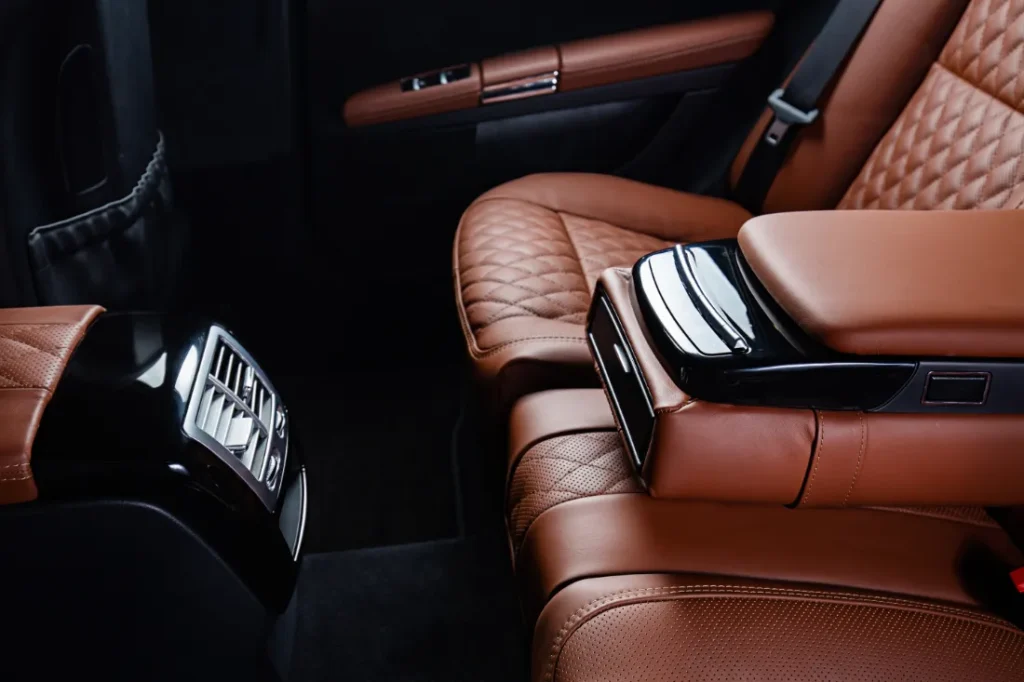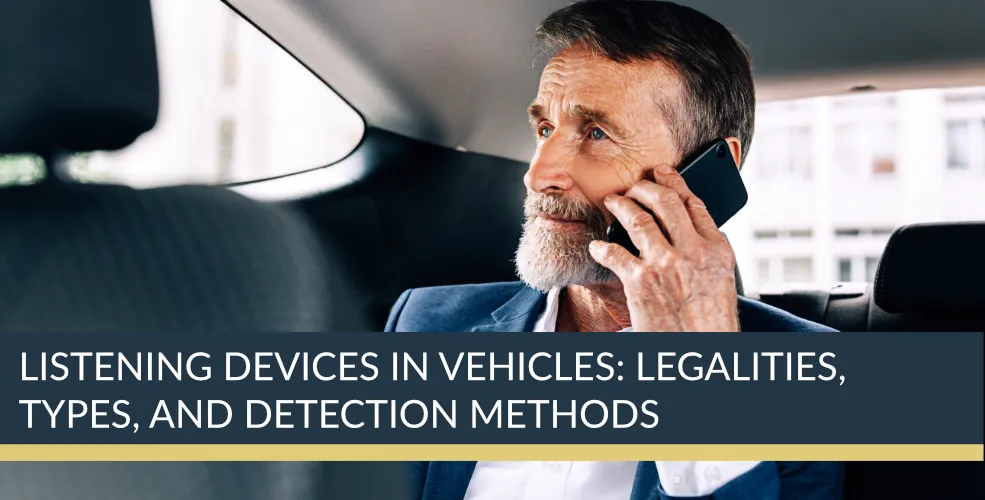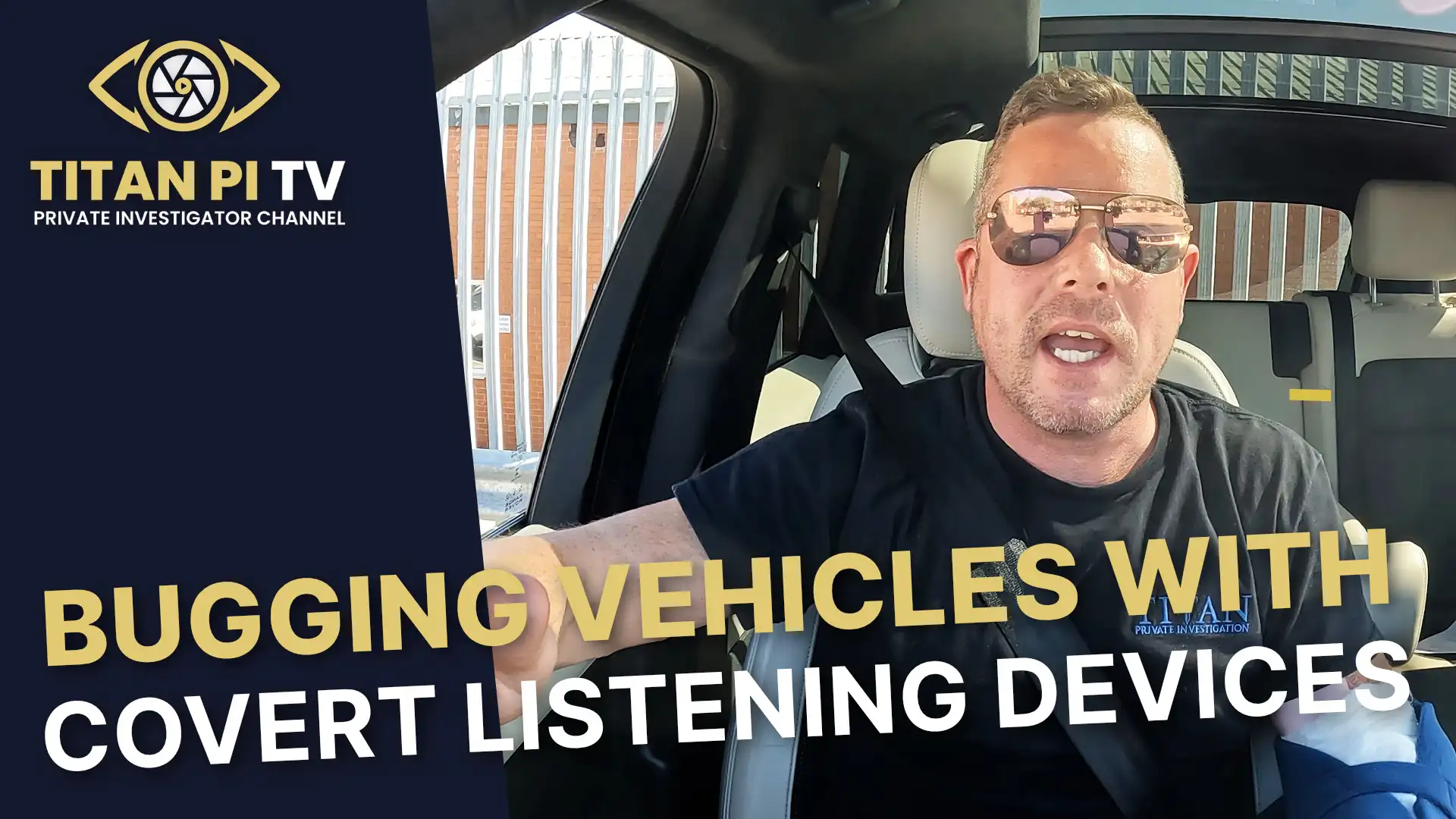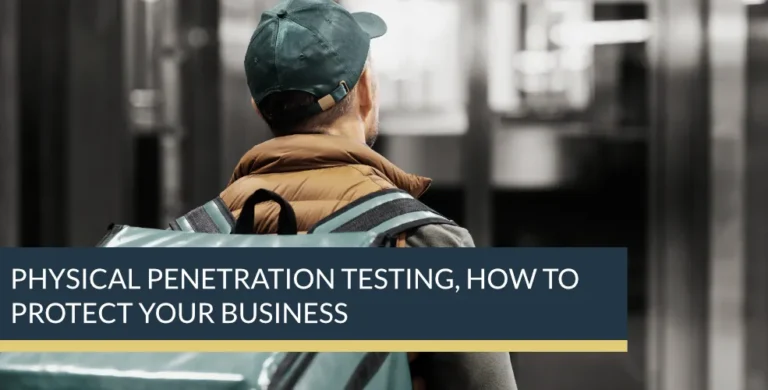Vehicle Listening Devices: Legalities, Types, and Detection Methods
Understanding the Complex World of Vehicle Surveillance Technology
Listening devices in vehicles have become increasingly sophisticated tools in the private investigation industry, serving as crucial instruments for gathering evidence in cases ranging from matrimonial disputes to corporate espionage. However, the deployment and detection of these devices operate within a complex legal framework that requires careful navigation. Whether you’re a private investigator, business owner, or concerned individual, understanding the intricacies of vehicle surveillance technology is essential for protecting your interests whilst remaining within the bounds of the law.
Legal Considerations and Ethical Guidelines for Using Listening Devices in Vehicles
Understanding UK Laws on Listening Devices
In the United Kingdom, the placement of listening devices in vehicles without proper authorisation typically constitutes a breach of privacy legislation. The legal landscape surrounding covert surveillance is governed by several key pieces of legislation, including the Regulation of Investigatory Powers Act 2000 (RIPA), the Data Protection Act 2018, and the Human Rights Act 1998. These laws establish that individuals maintain a reasonable expectation of privacy within their vehicles, regardless of whether the vehicle is in motion or stationary.
The consequences of unauthorised surveillance can be severe, potentially resulting in criminal charges, civil liability, and significant financial penalties. Private investigators and individuals alike must understand that the mere ownership of surveillance equipment does not grant the right to deploy it without proper legal justification and, where necessary, appropriate permissions.
Legitimate Interest Assessment (LIA) and Case Management
At Titan Private Investigation Ltd, we implement a rigorous Legitimate Interest Assessment process before deploying any surveillance technology. This comprehensive evaluation ensures that every investigation meets strict legal criteria and serves a genuine, proportionate purpose. Our assessment considers factors such as the necessity of surveillance, the availability of less intrusive alternatives, and the potential impact on all parties involved.
Our sophisticated case management system maintains detailed records of every aspect of an investigation, from initial client consultation through to evidence disposal. This meticulous documentation includes data collection methods, storage protocols, access controls, and destruction schedules, ensuring full compliance with data protection regulations and providing a clear audit trail for legal proceedings.
Permission and Consent in Private and Corporate Investigations
The deployment of listening devices requires explicit legal authority, which varies depending on the circumstances of each case. In matrimonial investigations, clients may have legitimate access to jointly-owned vehicles, but even in these situations, careful legal analysis is required to ensure compliance with privacy laws. The relationship between the parties, the ownership structure of the vehicle, and the specific circumstances of the case all influence the legal permissibility of surveillance.
Corporate investigations present additional complexities, requiring comprehensive workplace policies that clearly inform employees about potential monitoring activities. These policies must be transparent, proportionate, and regularly reviewed to ensure ongoing compliance with employment law and data protection regulations. Companies must balance their legitimate business interests with their employees’ privacy rights, creating clear guidelines that protect both parties.
Privacy and Compliance
The regulatory environment surrounding vehicle surveillance continues to evolve, with increasing emphasis on privacy protection and data security. If you suspect the presence of unauthorised listening devices in your vehicle, it’s crucial to seek professional assistance rather than attempting removal yourself. Improper handling of suspected surveillance equipment can compromise evidence, violate privacy laws, and potentially escalate legal complications.

Advanced Types of Listening Devices Used in Vehicles
Noise-Activated Recording Systems
Modern noise-activated devices represent a significant advancement in surveillance technology, featuring sophisticated sound detection algorithms that can differentiate between relevant audio and background noise. These systems typically incorporate advanced compression technology to maximise storage capacity whilst maintaining audio quality suitable for evidential purposes. The latest models feature programmable sensitivity settings, allowing investigators to customise recording parameters based on specific environmental conditions and investigation requirements.
The strategic advantage of noise-activated systems lies in their ability to conserve power and storage space by recording only when meaningful audio is detected. However, investigators must carefully consider the retrieval logistics, as these devices require physical access for data extraction, potentially limiting their effectiveness in long-term surveillance operations.
Real-Time Dial-In Monitoring Systems
Dial-in listening devices offer immediate access to live audio feeds, enabling investigators to monitor situations as they develop. These systems typically operate through cellular networks, providing remote access from virtually any location with mobile coverage. Advanced models incorporate encryption protocols to protect transmitted data and prevent unauthorised interception.
The primary limitation of basic dial-in systems is their inability to store historical audio data, making them most suitable for real-time monitoring rather than comprehensive evidence gathering. However, hybrid systems that combine live monitoring with recording capabilities are increasingly available, offering greater operational flexibility.
Cloud-Based Surveillance Platforms
Cloud-based listening devices represent the pinnacle of vehicle surveillance technology, offering comprehensive remote monitoring capabilities through secure online platforms. These sophisticated systems provide real-time audio streaming, historical data access, GPS tracking integration, and advanced analytics tools. Users can access recorded conversations through encrypted web portals or mobile applications, with robust security measures protecting sensitive data.
The implementation of cloud-based systems requires careful consideration of data sovereignty, encryption standards, and access controls. Investigators must ensure that chosen platforms comply with UK data protection requirements and provide adequate security measures to protect client confidentiality and evidential integrity.
Emerging Technologies and Future Developments
The surveillance technology landscape continues to evolve rapidly, with emerging innovations including artificial intelligence-powered audio analysis, enhanced battery technologies, and miniaturised components. These developments promise to deliver more sophisticated, longer-lasting, and harder-to-detect surveillance solutions whilst raising new legal and ethical considerations for the industry.
Professional Installation and Deployment Strategies
Comprehensive Installation Methodology
Professional installation of vehicle listening devices requires extensive technical expertise and specialised equipment. The process typically involves detailed vehicle analysis, component selection, covert placement planning, and comprehensive testing procedures. Experienced technicians must understand vehicle electrical systems, interior construction methods, and potential interference sources to ensure optimal device performance.
The installation process may require several hours or even overnight access to the target vehicle, depending on the complexity of the chosen system and the level of concealment required. Professional installers utilise specialised tools and techniques to minimise visible evidence of modification whilst ensuring reliable long-term operation.
Strategic Placement Considerations
Effective device placement requires careful analysis of vehicle usage patterns, passenger behaviour, and potential detection risks. Common placement locations include areas beneath seating, within door panels, behind dashboard components, and integrated within existing vehicle systems. The chosen location must provide adequate audio capture whilst remaining concealed from casual inspection.
Advanced installations may incorporate multiple devices to ensure comprehensive coverage or provide redundancy in case of device failure. The placement strategy must also consider power requirements, signal transmission needs, and maintenance access for long-term deployments.
Quality Assurance and Testing Protocols
Professional installations include comprehensive testing procedures to verify audio quality, transmission reliability, and concealment effectiveness. These tests simulate various operational conditions to ensure consistent performance throughout the investigation period. Documentation of installation procedures and testing results provides essential support for legal proceedings and quality assurance purposes.
Advanced Detection Methods and Counter-Surveillance Techniques
Professional Electronic Countermeasures
Detecting sophisticated listening devices requires specialised equipment and extensive technical knowledge. Professional bug sweeps utilise advanced spectrum analysers, non-linear junction detectors, thermal imaging equipment, and acoustic analysis tools to identify hidden surveillance devices. These comprehensive sweeps can detect both active and passive surveillance equipment, including devices that may be dormant or operating intermittently.
The detection process typically involves multiple phases, including visual inspection, electronic scanning, and detailed analysis of suspicious findings. Professional technicians understand the operational characteristics of various surveillance devices and can identify subtle indicators that might escape untrained observers.
Recognising Sophisticated Concealment Methods
Modern surveillance devices are increasingly difficult to detect through casual inspection, requiring systematic search methodologies and professional expertise. Indicators of professional installation may include subtle modifications to vehicle panels, unusual electrical connections, or slight changes in interior component positioning. However, the most sophisticated installations may leave no visible evidence, necessitating electronic detection methods.
Regular professional inspections provide the most reliable method for detecting unauthorised surveillance equipment, particularly for individuals or organisations at higher risk of surveillance. These inspections should be conducted by qualified professionals using current detection equipment and methodologies.
Preventative Security Measures
Implementing comprehensive vehicle security protocols can significantly reduce surveillance risks. These measures may include regular professional inspections, secure parking arrangements, access control procedures, and staff awareness training. Organisations should develop clear policies regarding vehicle security and surveillance detection, ensuring that all relevant personnel understand their responsibilities and the available resources.
Vehicle Listening Devices: Final Thoughts
The world of vehicle surveillance technology continues to evolve, presenting both opportunities and challenges for private investigators, businesses, and individuals. Understanding the legal framework, technological capabilities, and detection methods is essential for anyone operating in this complex environment. At Titan Private Investigation Ltd, we remain committed to providing professional, legal, and ethical surveillance services whilst helping our clients navigate the intricate landscape of privacy law and surveillance technology.
Whether you require professional surveillance services or suspect unauthorised monitoring of your vehicle, seeking expert guidance ensures that your interests are protected whilst maintaining compliance with applicable laws and regulations. The stakes are too high, and the legal landscape too complex, to navigate without professional support. For professional consultation regarding vehicle surveillance matters, contact Titan Private Investigation Ltd. Our experienced team provides comprehensive services whilst maintaining the highest standards of legal compliance and ethical practice.
Car Bugging and Vehicle Listening Devices: More Information
For further advice and information in regard to car and vehicle bugging and covert listening devices, please feel free to speak to one of Titan’s private investigations team by email, telephone, or at one of our offices nearest you.
London Covert Surveillance – Call the Titan Investigations London Office 020 39046622
Birmingham Covert Surveillance – Call the Titan Investigations Birmingham Office 0121 7162442
Cambridge Covert Surveillance – Call the Titan Investigations Cambridge Office 01223 662022
Derby Covert Surveillance – Call the Titan Investigations Derby (Head Office) 01332 504256
Leeds Covert Surveillance – Call the Titan Investigations Leeds Office 0113 4574066
Leicester Covert Surveillance – Call the Titan Investigations Leicester Office 0116 2436520
Nottingham Covert Surveillance – Call the Titan Investigations Nottingham Office 0115 9646950
Manchester Covert Surveillance – Call the Titan Investigations Manchester Office 0161 3023008
Sheffield Covert Surveillance – Call the Titan Investigations Sheffield Office 0114 3499400
Truro Covert Surveillance – Call the Titan Investigations Truro Office 01872 888706
Alternatively, you can contact us directly using our fully confidential contact form at enquiries@titaninvestigations.co.uk or chat directly using our Live Chat facility, and one of our UK Surveillance team will get right back to you.





















